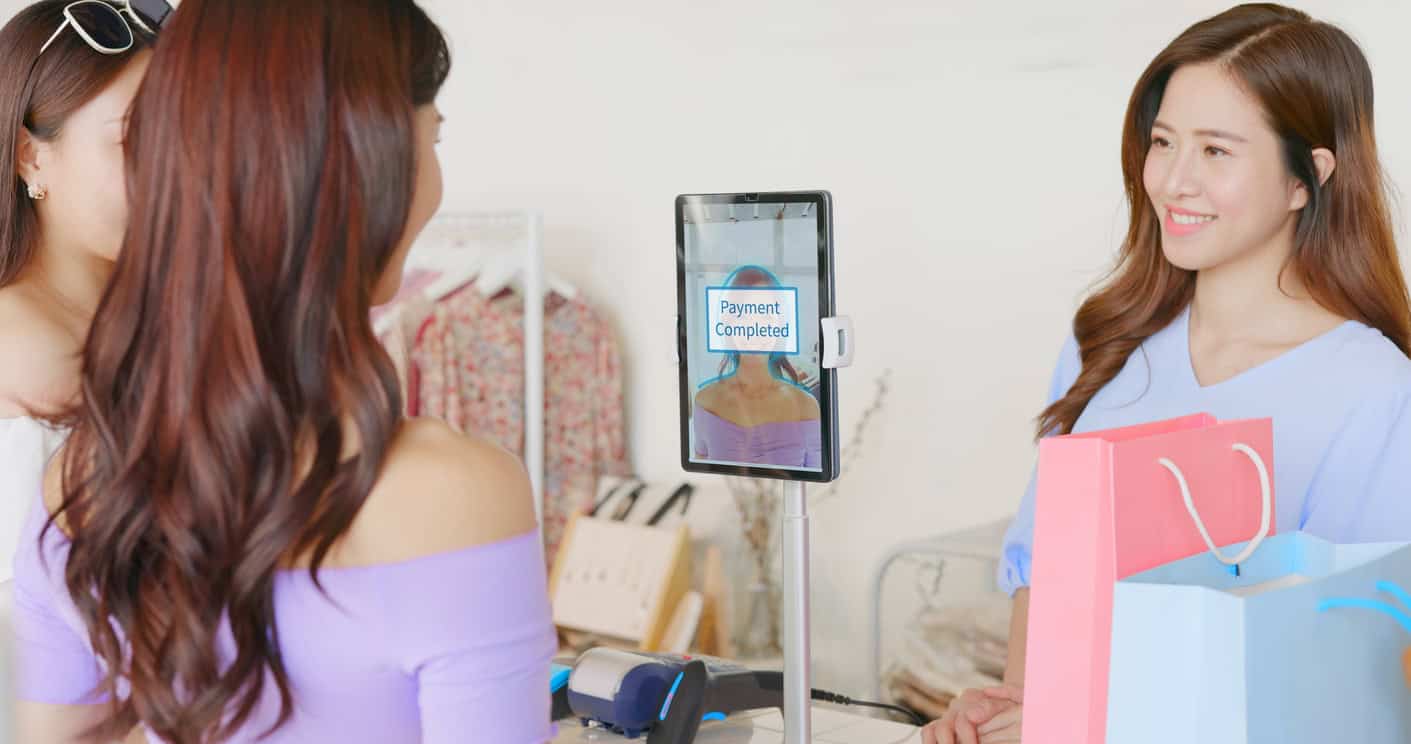
iStock.com/PonyWang
Is Biometric Authentication Still in Retail’s Future?
Target has become the latest retailer to land in court over allegedly collecting and storing biometric data, including face and fingerprint scans, without consumer consent.
The lawsuit, filed in Illinois, claims Target’s surveillance systems, including cameras with facial recognition technology, “surreptitiously” collect biometric data on customers without their knowledge or consent in violation of the state’s Biometric Information Privacy Act (BIPA). Target hasn’t responded to the suit.
Retailers have often argued that such technology is necessary to help them guard against the worsening theft challenge, and others have faced similar legal action.
In December, the Federal Trade Commission banned Rite Aid from using facial recognition in its stores for five years. Last year, Amazon was sued in New York in a class action for not alerting Amazon Go customers that their bodies’ shapes and sizes as well as their palm prints were being monitored as they shopped.
Walmart, Best Buy, and luxury goods giant LVMH are among others facing lawsuits over biometric data privacy violations. Online, Meta, Google, and Snapchat parent Snap Inc. have all settled biometric privacy cases in Illinois in recent years.
While more states are passing legislation regulating the collection and use of biometric information, surveys show consumers are mixed about the technology. Some consumers are seeking the more secure and straightforward authentication that biometric technologies promise amid a rise in cybercrime, although privacy concerns continue.
A survey of U.S. consumers from software review platform GetApp found that consumers’ confidence in biometric technology had decreased in the past two years. The survey reported that consumer comfort in sharing the following forms of biometric data fell between 2022 and 2024:
- Fingerprint data: From 63% in 2022 to 50% in 2024.
- Face scan data: From 44% in 2022 to 33% in 2024.
- Voice scan data: From 34% in 2022 to 20% in 2024.
“Two years ago, our analysis found that comfort with biometric technologies had generally increased as a result of their role in easing many of the challenges caused by the pandemic (e.g., touchless solutions),” wrote Zach Capers, senior analyst at GetApp, in the study. “Now, in 2024, comfort levels have declined precipitously.”
GetApp said the discomfort is fueled by various security concerns regarding data breaches, misuse of data, identity theft, and reduced privacy. Beyond security concerns, 63% lacked faith in the accuracy of biometric technology, compared to 38% in 2022. GetApp said a likely reason is news of facial recognition misidentification disproportionately impacting people of color and women.
More encouragingly, the International Air Transport Association’s (IATA) annual Global Passenger Survey found that confidence in biometric identification is on the rise. The survey reported that 46% of passengers used biometrics at the airport in the last 12 months, up from 34% in 2022. Of the respondents, 75% prefer using biometric data over traditional passports and boarding passes. “While data protection remains a concern for half of the travelers, 40% would be more open to biometric solutions if they were confident that their personal information is secure — an increase from 33% in 2022,” the IATA stated.
Nick Careen, IATA’s SVP for operations, safety, and security, said, “Passengers want technology to work harder, so they spend less time ‘being processed,’ standing in queues. And they are willing to use biometric data if it delivers this result.”
A recent IDC survey on biometrics and customer satisfaction sponsored by fraud prevention provider Mitek Systems found that 77% of U.S. consumers were satisfied when using biometrics for authentication on their mobile phones and tablets, while 67% were satisfied when using it on their computers. One in three respondents reported that remembering passwords is their biggest authentication headache, while only one in 20 reported they struggle with biometrics. Among the challenges to adoption, the IDC survey found that 26% of respondents do not believe biometrics are safe or cannot be spoofed, while 22% are worried about their biometric data being stolen.
Discussion Questions
Do you suspect the use of biometric authentication will be more trouble for retailers than the technology’s worth?
Which applications of the technology (i.e., in-store security, authorizing payments, employee tracking, in-store marketing) will likely offer the biggest benefit for retailers? Which seem most intrusive?
